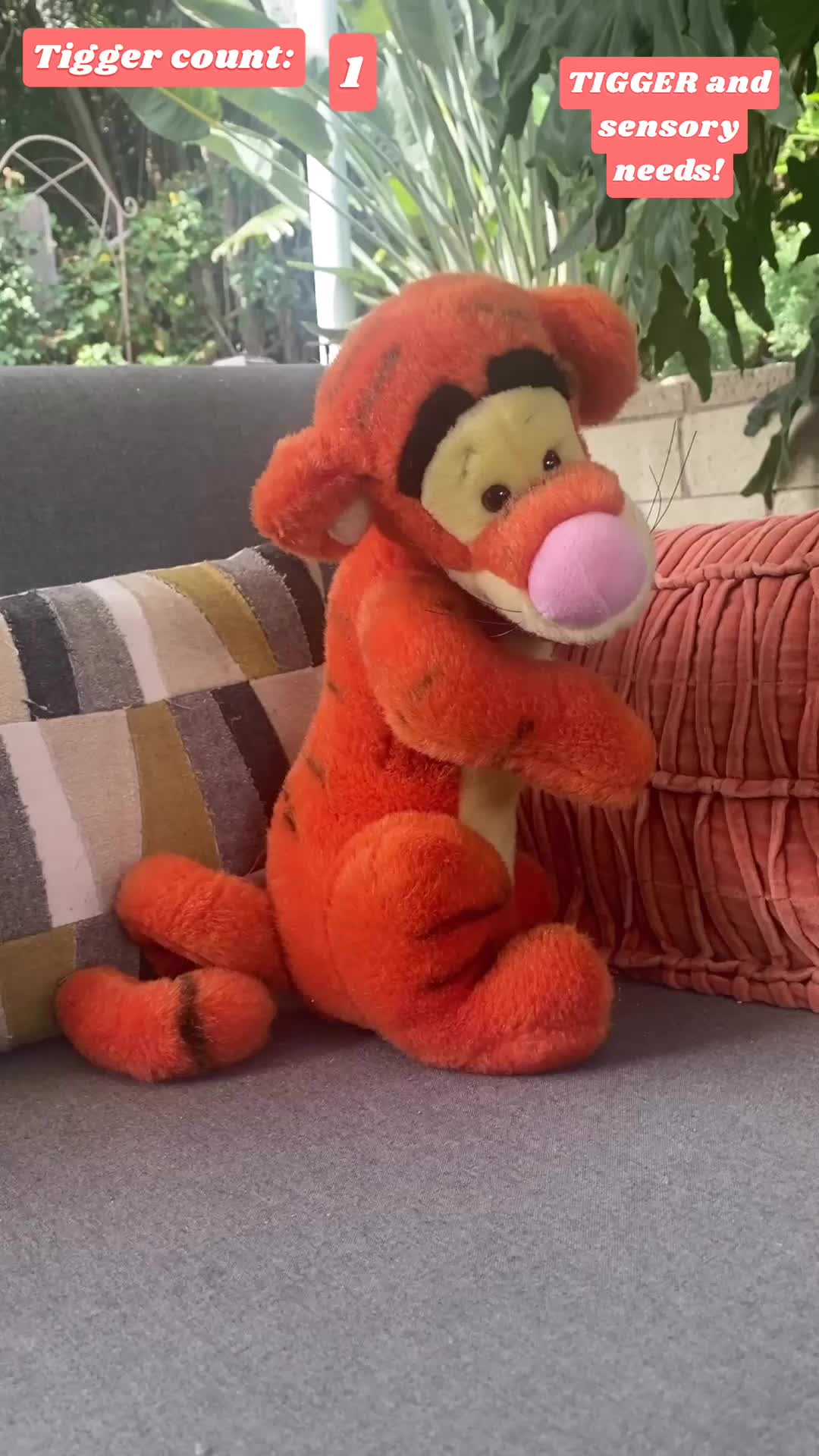In a world fueled by rapid technological advancements, it’s more important than ever for kids to have a say in youth-focused technology. Why? Because our voices in this space are severely limited.
Just as products are designed with a specific audience in mind—like cancer treatments for those battling cancer or glasses tailored to people with vision problems (for example, switching out lenses to find one best fit for you)—youth-targeted technology should involve input from its intended users. You don’t see opticians testing their frames on people with 20/20 vision… it just doesn’t make sense. The same logic applies to tech designed for kids and teens. So, why aren’t we, the youth, more involved in shaping these products?
Considering how much time we spend on our devices, especially from a parent’s perspective, it’s baffling that there aren’t more opportunities for us to give feedback on the products made for us (for example, mental health apps.) We love our phones, and technology is woven into our daily lives. As a student and a kid, I rely on tech every day—assignments, QR codes for classrooms, group projects, and even communication for extracurricular activities all happen online. It’s almost impossible to get through school without it. The idea of working on a group project in just forty minutes of class time without staying in touch online? It’s outdated, and we don’t use carrier pigeons anymore.
From this, it’s clear that we, the youth, are one of the most technology-dependent populations. We’re the people with myopia, and technology is our glasses (it’s sad, but it’s true.) . But here’s the problem: we aren’t given any say in the design or development of these “glasses”—the tech products we use every day. Why is that?
Factors leading to our silence
Legal and Bureaucratic Barriers
It’s hard to speak. Gathering input from anyone under 18 often involves layers of legal hurdles. Companies need consent from both parents and minors, signed publicity forms, and laws in some countries that restrict minors’ participation in research or product testing due to data protection concerns. to mention dealing with laws that restrict minors’ participation in research or product testing due to data protection concerns. Because of this tedious process, most kids and their parents opt out of research/UserTesting opportunities, which are few.
Ethical Concerns in AI
There’s a worry that kids might not fully understand the implications of their participation in research. What if the child doesn’t understand what they’re doing? They are not capable of simple comprehension at such an age… what if they regret taking my online survey… These are valid concerns, but ignoring youth feedback means going in blind when creating products meant for them, and feedback is crucial for success!
Bias against youth input
Let’s face it— kids can be dumb. There’s a common perception that because we’re not eighteen, our opinions don’t matter. We don’t know any better. We can lack experience and rationality, so why even bother asking for our opinion on subjects that actually impact us? Our voices are often dismissed in favor of those older and “wiser.” But this is short-sighted, because developers aren’t making resources for those types of people. They’re making it for us. When creating something for a specific group, that group’s insights should be central to the process.
Because of these challenges, researchers often bypass collecting youth data altogether. But that doesn’t mean our perspectives don’t matter. Kids can contribute so much to society if we are just given the chance, and I’ll talk just about that in my next blog post. Stay tuned!





Leave a Reply